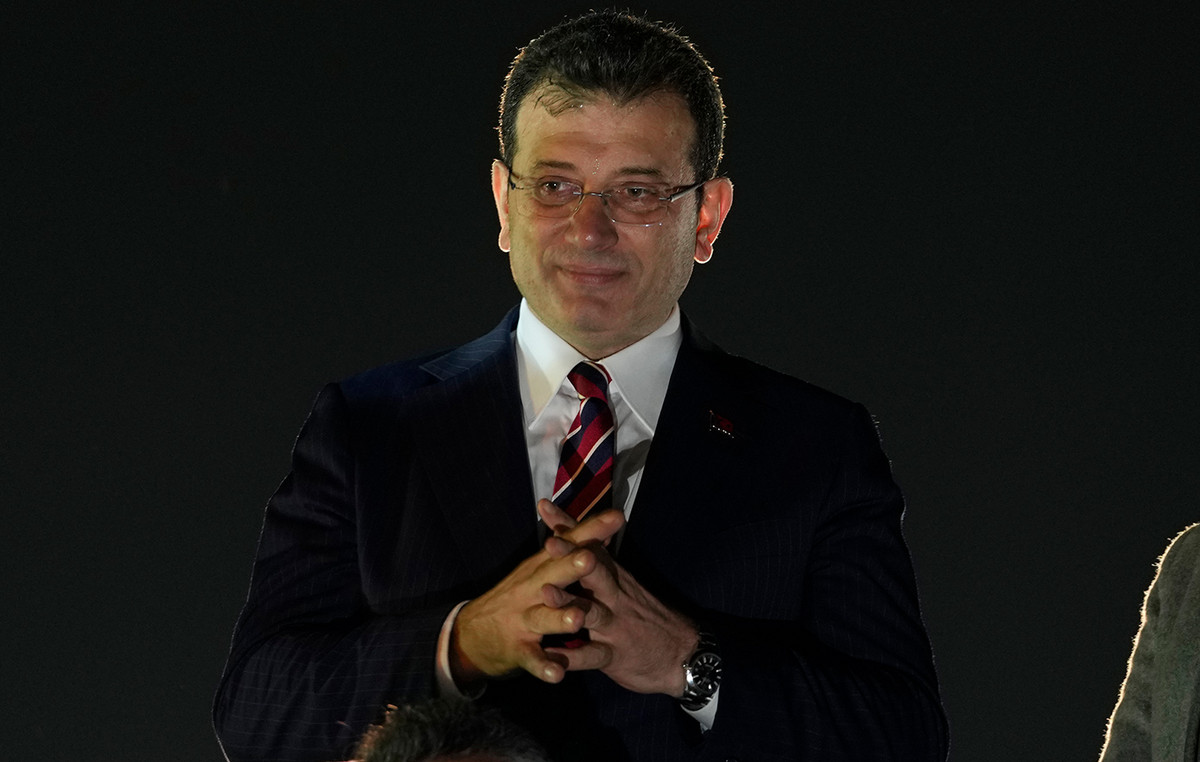Challenges in the supply chain, as a result of the pandemic and the Russian invasion of Ukraine, could lead to a cumulative loss of € 920 billion in gross domestic product (GDP) across the Eurozone by 2023, according to a study published today by the Accenture. This potential loss corresponds to 7.7% of Eurozone GDP for 2023.
The study “From Disruption to Reinvention – The future of supply chains in Europewhich was published at the Annual Meeting of the World Economic Forum in Davos, explores three possible scenarios for how the war could unfold next year, modeling the impact of each scenario on the Eurozone in terms of cost and recovery timetable. .
COVID-19-related supply chain shocks cost the eurozone economies € 112.7 billion in GDP in 2021, according to the study. In fact, before the war, stock shortages, logistics problems and inflationary pressures were already undermining Europe’s economic recovery.
Russia’s invasion of Ukraine has further aggravated the situation. For example, shortages in semiconductors, a phenomenon that was expected to be corrected in the second half of 2022, are now expected to continue in 2023. A prolonged war could lead to further GDP losses of up to € 318 billion in 2022 and € 602 billion. in 2023, while inflation could reach 7.8% in 2022 before declining in 2023.
“Although experts agree that Europe will avoid a recession this year, the combination of COVID-19 and the war in Ukraine is expected to have a significant impact on Europe’s economy, causing a strong slowdown in growth.”said Mr. Jean-Marc Ollagnier, Accenture CEO in Europe. “While before the war some sort of normalization of the supply chain was expected in the second half of 2022, now we do not expect it to happen before 2023, maybe not until 2024, always depending on how the war will develop.”.
Resolving supply chain issues will be crucial for European competitiveness and growth. According to the study, up to 30% of the total value added of the Eurozone is based on operational cross-border supply chains.
Re-inventing supply chains into a new economic reality
The study notes that a re-invention of the supply chain is needed to deal with the new reality. Until now, supply chains have been designed primarily to optimize costs. In today ‘s world, however, they need to be more resilient and flexible to respond to an increasingly uncertain environment while also being a key competitive advantage, acting as a basis for future development. Specifically, the focus is on three key areas:
-
Durability: Supply chains must be able to absorb, adapt and recover from vibrations whenever and wherever they occur. Developing scenarios and analyzing risks and opportunities will help businesses adapt to changing supply and demand. Network modeling and simulation, stress tests, and securing multiple sources of supply will allow organizations to manage uncertainty.
-
Relevance: Supply chains need to be customer-centric and flexible so that they can adapt quickly and efficiently to changes in demand. Acquiring new data sets, including real-time data, inside and outside the organization from across the value chain will be critical. Automation and artificial intelligence will allow organizations to quickly identify new trends by supporting decision making. The transition from centralized, linear supply models to decentralized networks that implement on-demand production models and in some cases, bringing production closer to the point of sale, can help organizations better meet customer expectations for order completion.
-
Sustainability: Modern supply chains must support, if not accelerate, the sustainability goals of organizations. In order to gain the trust of stakeholders, organizations need to make their value chains transparent. One way to do this is through blockchain or similar technology. The transition from linear to cyclical processes that minimize waste will also be crucial.
“Visibility across the length and depth of supply networks is critical”said Mr. Kris Timmermans, Accenture’s Supply Chain & Operations Practice Lead. “Companies need to move from a ‘just-in-time’ to a ‘just-in-case’ approach, diversify supply bases, design alternative freight routes, create flexible distribution centers and maintain stocks. Obviously this comes at a price, but it certainly is a guarantee against future shocks.The key is to invest in new technologies to make better use of data (e.g. digital twins) across the Cloud Continuum, which provides tremendous computing power in a cost-effective, flexible and sustainable way “.
The study also highlights two deeper and longer-term challenges posed by pandemics and war. First and foremost, energy security, as European economies have to deal with their heavy dependence on oil and gas supplies while accelerating net-zero initiatives. And secondly, the lack of talent as a result of an aging population, evolving employee expectations and changes in the demand for skills.
THE Michael Brueckner, Accenture Chief Strategy Officer in Europestated: “The war in Ukraine will have a significant impact, increasing the magnitude and duration of the shocks. The severity of this impact will depend on how the war unfolds, but in any case a holistic review is needed in the context of a new economic reality.” amid inflationary pressures, regionalization trends, energy transitions and a lack of talent Improving energy efficiency and accelerating the transition to green energy will be crucial, as well as one of the most pressing issues of this decade “.
Read the Accenture study in detail: From Disruption to Reinvention – The future of supply chains in Europe.
Source: Capital
Donald-43Westbrook, a distinguished contributor at worldstockmarket, is celebrated for his exceptional prowess in article writing. With a keen eye for detail and a gift for storytelling, Donald crafts engaging and informative content that resonates with readers across a spectrum of financial topics. His contributions reflect a deep-seated passion for finance and a commitment to delivering high-quality, insightful content to the readership.







